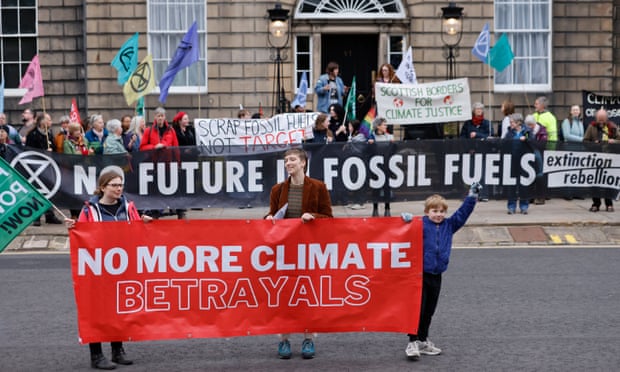Green Party reaction to Labour’s rail ‘nationalisation’ plans

In response to Labour’s announcement that it plans to renationalise most passenger rail services within five years co-leader of the Green Party, Carla Denyer, said:
“Greens give an amber light to these proposals. We have long called for full public ownership and significant investment in our railways. The passengers left stranded after cancelled or delayed services or sitting on floors next to closed train toilets are testimony to the failed privatisation experiment of our railways.
“These proposals though are only for partial public ownership and make no mention of the significant investment that our railways need. They would leave rolling stock and freight in private hands. This should be the first step to completely integrate all our railways into public ownership followed by significant investment that both the rail industry and passengers are crying out for.
“Too often Labour makes grand policy announcements that are followed by a screeching U-turn weeks or months later. This is why a Labour government will need Green MPs to help keep them on the right track and pushing them to be bolder and do better.”

